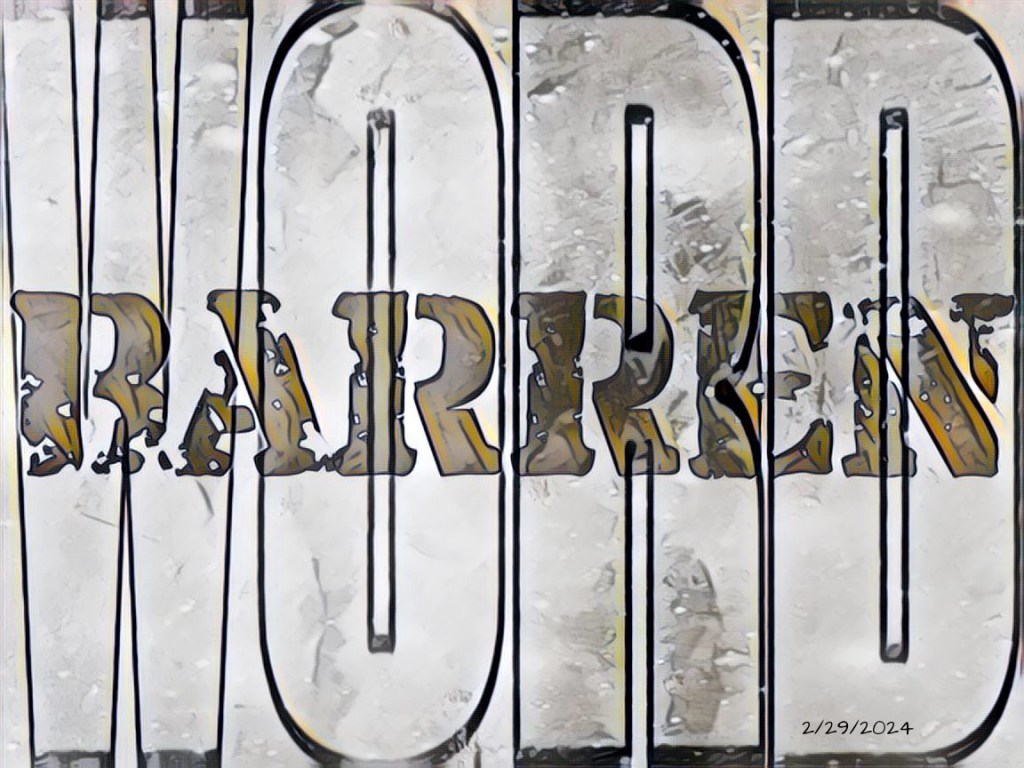Friday of the Sixth Week of Easter
May 10, 2024
Today’s Readings:
https://bible.usccb.org/bible/readings/051024.cfm

Jesus said to his disciples:
“Amen, amen, I say to you, you will weep and mourn,
while the world rejoices;
you will grieve, but your grief will become joy…… So you also are now in anguish.
But I will see you again, and your hearts will rejoice,
and no one will take your joy away from you.
On that day you will not question me about anything.
Amen, amen, I say to you,
whatever you ask the Father in my name he will give you.”
John 16:20
Jesus understands that life can be hard, and the Christian life even harder. His followers will face the grief of losing his physical presence, the scorn of their persecutors, and the sorrows inextricably woven into every human life. Their equanimity may break like a fragile eggshell under the press of these burdens.
But Jesus leaves them with a glorious promise. In him, their grief will be transformed to joy. They “will see him again”, not just in some distant parousia, They will see him in life itself as they learn to live it in the Father as Jesus has lived it.
Today, in God’s Lavish Mercy:
We ask for the grace to believe Jesus’s promise, and to see God in our lives as they have been given to us. We pray for the courage to use that blessed assurance in a ministry of love and mercy to the world.
Poetry: Joy and Peace in Believing – John Newton (1725 – 1807), author of Amazing Grace
Sometimes a light surprises
The Christian while he sings;
It is the Lord who rises
With healing in his wings:
When comforts are declining,
He grants the soul again
A season of clear shining,
To cheer it after rain.
In holy contemplation,
We sweetly then pursue
The theme of God's salvation,
And find it ever new:
Set free from present sorrow,
We cheerfully can say,
E'en let th' unknown to-morrow
Bring with it what it may.
It can bring with it nothing
But he will bear us through;
Who gives the lilies clothing,
Will clothe his people too:
Beneath the spreading heavens,
No creature but is fed;
And he who feeds the ravens,
Will give his children bread.
Though vine nor fig-tree neither
Their wonted fruit shall bear,
Though all the field should wither,
Nor flocks nor herds be there:
Yet God the same abiding,
His praise shall tune my voice;
For while in him confiding,
I cannot but rejoice.
Music: Jesu, Joy of Man’s Desiring – Johann Sebastian Bach















